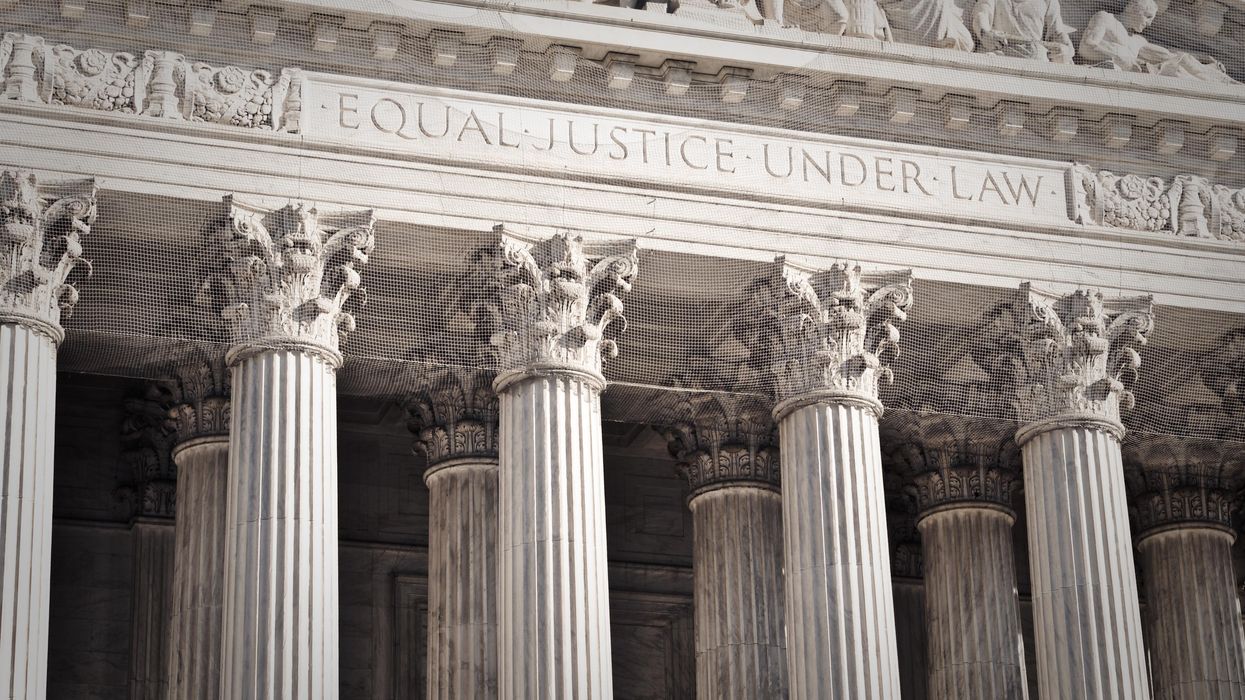The Supreme Court is scheduled to tackle an upcoming case on affirmative action -- one that could determine the fate of college admissions for decades to come.
The 6-3 conservative leaning court is in position to ban or severely restrict affirmative action at hundreds of universities nationwide. Affirmative action is the practice of seeking diverse career or college applicants in fields where minority communities may be underrepresented. While a person of color may be chosen over a Caucasian person via this practice, the overall trend does not disenfranchise majority groups.
According to The Hill, affirmative action has been debated since it was first introduced in 1978, when the SCOTUS of the time ruled that diversity brought "educational benefits," and that there is "governmental interest" in considering race when dealing with college admissions. Decades of research in social sciences support this consensus among universities in the U.S.
A conservative student organization, Students for Fair Admissions (SFFA), sued Harvard Kennedy School and North Carolina universities in 2014 over their practice of affirmative action. They alleged that Harvard discriminated against Asian students, and that UNC discriminated against white applicants by denying them admission. SFFA lost their case in local courts, and have appealed all the way to the Supreme Court, who will begin the deliberation process on October 31, 2022.
California and Michigan are two of the ten states that already ban race from being considered in college admissions. In California, the consequences have been abysmal, as the 2021 freshman class at the University of California, Berkeley, included 258 black students in a class of 6,931. There were 27 Native American students.
Black enrollment at Michigan's Ann Arbor campus sits at 4 percent, despite a special admissions office placed in Detroit to encourage students of color. According to The New York Times, maintaining the office is incredibly costly, with lawyers from Michigan arguing that racial diversity is "virtually impossible" at competitive universities without affirmative action. An amicus brief filed with SCOTUS from Michigan explains,
“Despite persistent, vigorous and varied efforts to increase student body racial and ethnic diversity by race-neutral means, the admission and enrollment of underrepresented minority students have fallen precipitously in many of U-M’s schools and colleges."
Other universities have taken the opposite position, with the University of Oklahoma filing their own brief that claimed their institution “remains just as diverse today (if not more so) than it was when Oklahoma banned affirmative action in 2012.” Oklahoma’s 2020 freshman class was 61 percent white, 12 percent Hispanic, 3.7 percent Black and 2.1 percent American Indian.
Oklahoma's position is undercut by their acceptance rate, which sits at 83.4 percent as of 2020. Berkeley's acceptance rate is 17.5 percent, with Michigan's at 26.1 percent. With such competitive admissions processes, underrepresented applicants face larger obstacles in receiving acceptance to prestigious universities.
The Supreme Court will likely reach a decision on SFFA's affirmative action lawsuit by June of 2023. Until then, universities are preparing for the challenges that could come with restrictions.



















































